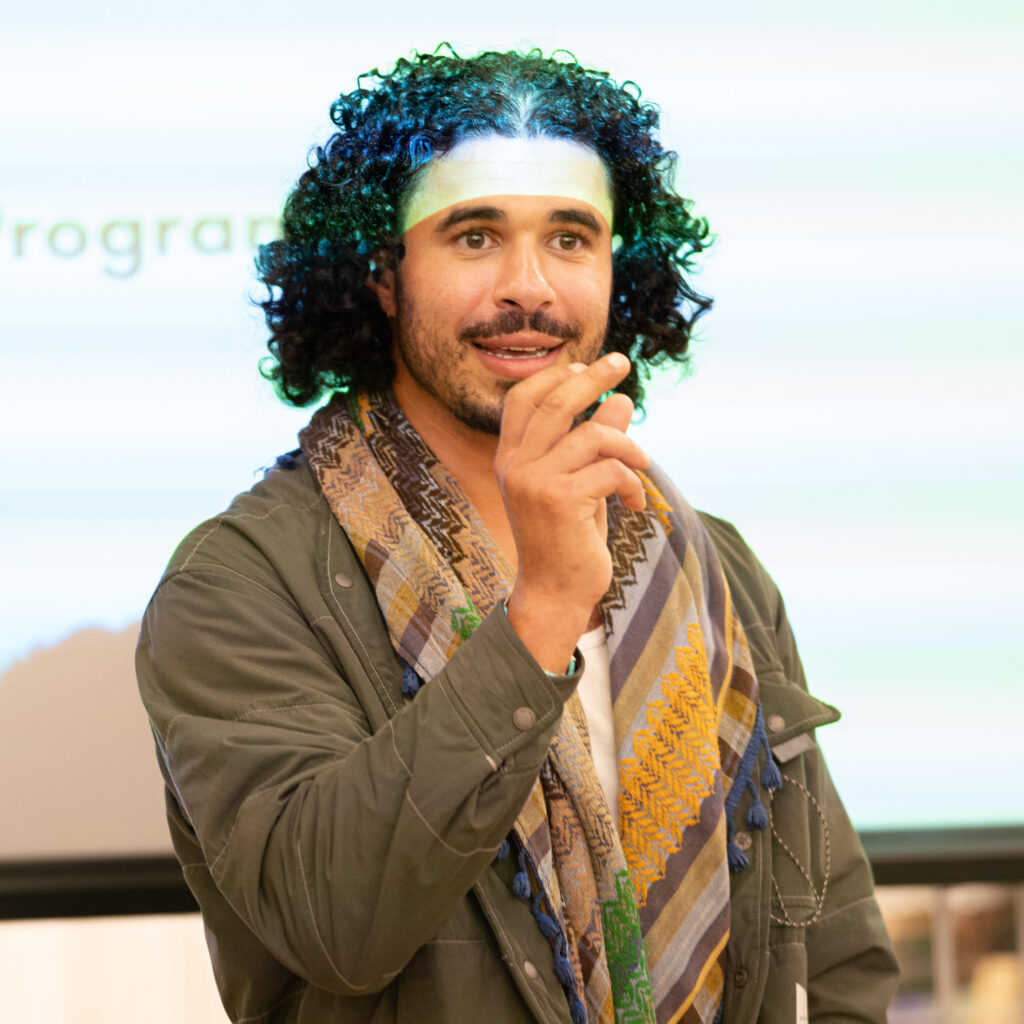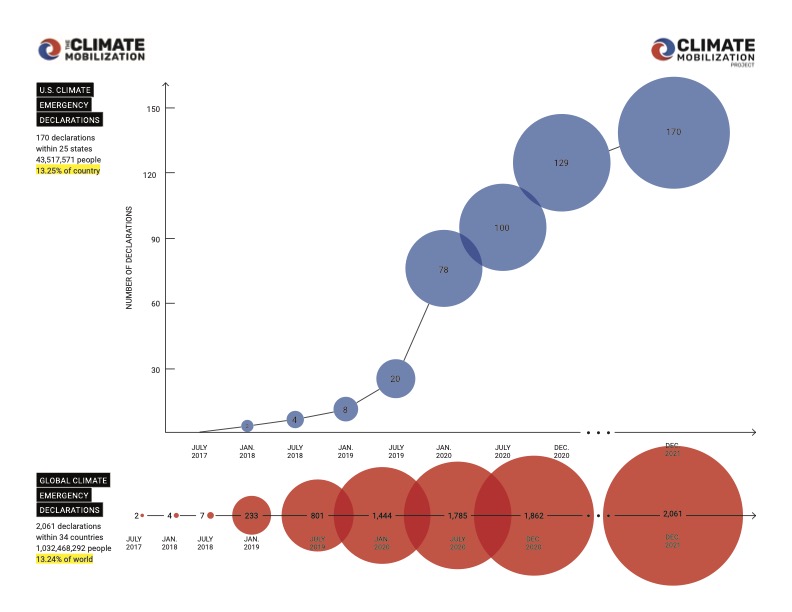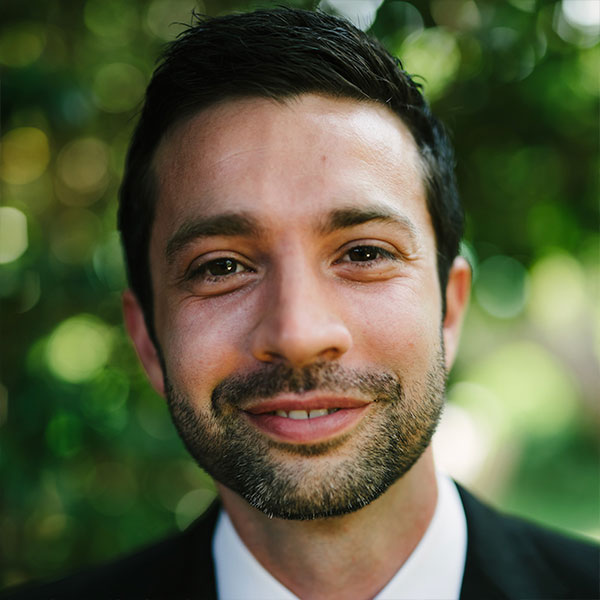The world has been utterly transformed as the COVID-19 coronavirus has upended nearly every aspect of our lives and brought suffering to so many. The dizzying speed of news and information continues, with the number of confirmed US cases jumping exponentially each day. Read on to learn how the Climate Emergency Movement is facing the challenge of global pandemic and building a movement to gather strength in a time of crisis.
Climate Emergency Movement updates — by the numbers
The Climate Emergency Movement continues to grow, approaching 1,500 declarations world wide. 829,280,700 people, or more than 10% of global population live in under municipal or national governments that have declared a Climate Emergency.
Some climate campaigners are helping during the COVID-19 crisis by creating mutual aid networks and supporting the vulnerable in their communities, while simultaneously drawing the connections between COVID-19 and the fight to restore a safe climate. Check out the COVID Victory Gardens project helping to provide communities with healthy, fresh food throughout the pandemic, hosted by the Cooperative Gardens Coalition and Experiment Farm Network.
Notably, despite the COVID-19 crisis, cities and prefectures across Japan have been joining the movement and passing Climate Emergency declarations during the month of March. Most recently, the city of Osaka passed the 24th Climate Emergency declaration in Japan, bringing the total national population living in an area with an established climate emergency declaration to over 10%.
Local campaign spotlight: Ann Arbor, Michigan
The Ann Arbor TCM chapter and organizers from A2Zero won a YUGE victory this week with the release of the city’s A2Zero Carbon Neutrality Strategy, a seven-phase, city-wide strategic plan to reach carbon neutrality by 2030. The plan, which would commit $1 billion over 10 years toward renewable energy, energy efficiency, sustainable transportation and resource reduction, as well as climate adaptation and resilience efforts. This plan builds directly on commitments made in Ann Arbor’s Climate Emergency Declaration, passed In November 2019 by the Ann Arbor City Council after being introduced by Climate Emergency organizers calling for the city to commit to achieving zero greenhouse emissions across the community.
This success and the continued organizing and advocacy of the A2Zero coalition will set an example for local campaigns to point to, as they work to bring their local governments into emergency mode!
The Climate Mobilization in the News
An op-ed by The Climate Mobilization’s founding director, Margaret Klein Salamon was published in The Hill this week, drawing parallels between our society-wide response to the COVID-19 pandemic and the need to shift into “emergency mode” on climate disruption: “We’re in ‘emergency mode’ for coronavirus – we can do the same thing for climate.”
Margaret is also quoted in this long read from The Guardian: “‘We’ve been trying for years to get people out of normal mode and into emergency mode,’ said Margaret Klein Salamon, a former psychologist who now heads the advocacy group The Climate Mobilization. ‘What is possible politically is fundamentally different when lots of people get into emergency mode – when they fundamentally accept that there’s danger, and that if we want to be safe we need to do everything we can. And it’s been interesting to see that theory validated by the response to the coronavirus. Now the challenge is to keep emergency mode activated about climate, where the dangers are orders of magnitude greater. We can’t think we’re going to go ‘back to normal’, because things weren’t normal.’”
Rollbacks and Power Grabs
In response to industry pressure during the COVID-19 pandemic, the Trump administration has pursued aggressive rollbacks of environmental and scientific protections overseen by the EPA and the Department of the Interior — including air quality and emissions standards on toxic pollutants directly linked to respiratory health issues.
This week, Emily Atkin’s HEATED newsletter also published a new investigation showing that in the midst of Congressional negotiations around a national COVID-19 stimulus legislation, Kentucky, South Dakota, and West Virginia state legislatures passed so-called “critical infrastructure” bills that place criminal penalties on activists who target oil and gas pipelines.
Earth Day Live
Climate Mobilization Project is a Movement Partner of the U.S. Climate Strike and Earth Day Live, April 22-24. This three-day live event will gather people from their homes around the world for virtual town halls, speakers, entertainment, and voter registration. Mark your calendar today to share the link to the livestream on your Facebook or Twitter page, and text it to all your friends. Stay tuned for schedule details, and read more about Earth Day Live in the New York Times.

















